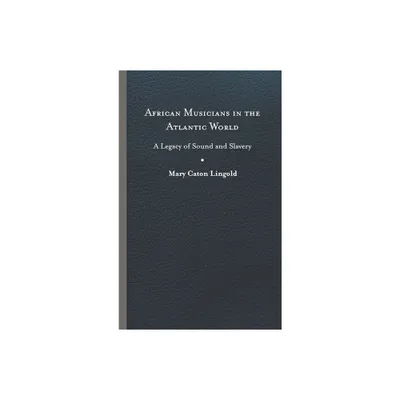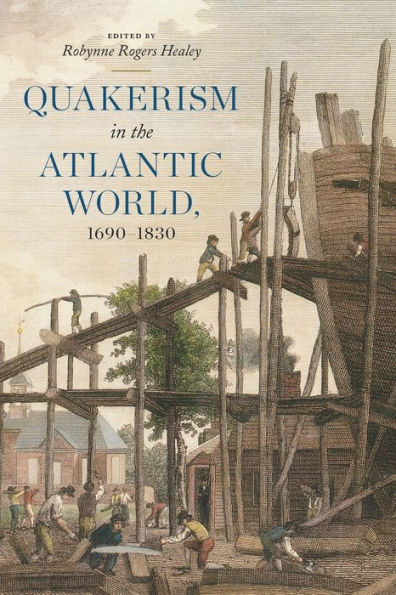Home
Religion on the Margins: Embodied Moravian Pieties Edges of Atlantic World Empire
Loading Inventory...
Barnes and Noble
Religion on the Margins: Embodied Moravian Pieties Edges of Atlantic World Empire
Current price: $65.95


Barnes and Noble
Religion on the Margins: Embodied Moravian Pieties Edges of Atlantic World Empire
Current price: $65.95
Loading Inventory...
Size: Hardcover
*Product Information may vary - to confirm product availability, pricing, and additional information please contact Barnes and Noble
In the eighteenth century, missionaries of the radical, Pietist Moravian Church wandered from Germanic Europe to the edges of the known world in search of tolerance and a closer relationship to God. This open-minded, cosmopolitan undertaking led to unintended consequences, however, both for the Moravians and for the other persecuted peoples—European, African, and Indigenous—they sought to convert.
Religion on the Margins
examines the complexities of early modern Moravians as a cosmopolitan community focused on an eschatological global vision while having to negotiate diverse cultures and, most importantly, the institution of slavery. Drawing on a transatlantic archive of letters, diaries, teachings, and mission histories, Benjamin M. Pietrenka sheds light on how a professedly anti-colonial cast of characters became entangled in the complex realities of European colonialism in the Atlantic world. Ultimately, Pietrenka shows how the Moravians, operating from within the constraints of mission work, became complicit in the European imperial project in spite of their stated values and their own experience of marginalization.
For scholars of early modern religion, empire, and politics, Pietrenka’s book challenges tendencies in the field to equate modernity with secularization and invites us to consider how nonelite actors understood religion and ethnicity through each other, in ways that contributed to the emergence of modern scientific racism and white supremacy.
Religion on the Margins
examines the complexities of early modern Moravians as a cosmopolitan community focused on an eschatological global vision while having to negotiate diverse cultures and, most importantly, the institution of slavery. Drawing on a transatlantic archive of letters, diaries, teachings, and mission histories, Benjamin M. Pietrenka sheds light on how a professedly anti-colonial cast of characters became entangled in the complex realities of European colonialism in the Atlantic world. Ultimately, Pietrenka shows how the Moravians, operating from within the constraints of mission work, became complicit in the European imperial project in spite of their stated values and their own experience of marginalization.
For scholars of early modern religion, empire, and politics, Pietrenka’s book challenges tendencies in the field to equate modernity with secularization and invites us to consider how nonelite actors understood religion and ethnicity through each other, in ways that contributed to the emergence of modern scientific racism and white supremacy.

















